an Insulin Syringe is a small, disposable syringe designed for accurate insulin injection in diabetes management. It features:
Barrel – Transparent for precise dosage measurement.
Needle – Ultra-fine, short, and thin for painless injection.
Graduations – Marked in units (U-40, U-100) for insulin dosing.
Plunger – Smooth for easy insulin delivery.
Safety Cap – Protects the needle from contamination.
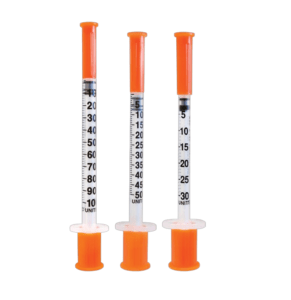
Insulin Syringe
Insulin Syringe supplier UAE
Insulin Syringe supplier Abu Dhabi
Insulin Syringe supplier Dubai
Insulin Syringe supplier Sharjah
Insulin Syringe supplier Ajman
Insulin Syringe supplier Ras Al Khaimah
Insulin Syringe supplier Fujairah
Insulin Syringe supplier Umm Al Quwain
An insulin syringe is a specialized medical device designed for the precise administration of insulin to individuals with diabetes. It consists of a transparent barrel marked with clear, graduated measurements in units (U-40, U-100, etc.), ensuring accurate dosing. The syringe is typically available in different capacities, such as 0.3mL, 0.5mL, and 1mL, to accommodate varying insulin requirement
The needle of an insulin syringe is ultra-thin, short, and fine, minimizing discomfort during injection. Needle lengths vary to suit patient preferences and medical recommendations, with common options ranging from 4mm to 12.7mm. The shorter needles are designed to reduce the risk of intramuscular injection, ensuring insulin is delivered correctly into the subcutaneous (fat) tissue for proper absorptio
A smooth, easy-to-use plunger allows for controlled insulin delivery, preventing wastage and ensuring patients receive the correct dosage. Many insulin syringes come with a protective safety cap to prevent contamination and maintain sterility. These syringes are single-use and should be disposed of properly after each injection to avoid infection risks
Insulin syringes are widely used by diabetic patients who require manual insulin administration. They provide a cost-effective and efficient method for delivering insulin compared to insulin pens or pumps. Since insulin dosage varies for each patient, the availability of different syringe sizes and needle lengths allows for customized treatment. The design prioritizes ease of use, making them ideal for home use, hospitals, and clinics
Medical equipment refers to a broad range of devices, instruments, and machines used in healthcare settings to diagnose, monitor, and treat medical conditions. These tools play a crucial role in improving patient care, enhancing diagnostic accuracy, and supporting medical procedures in hospitals, clinics, and home healthcare environments. Medical equipment is designed to meet stringent safety and quality standards, ensuring effective and reliable performanc
Medical equipment can be classified into several categories based on their function. Diagnostic equipment, such as X-ray machines, MRI scanners, CT scanners, and ultrasound machines, helps physicians detect and evaluate medical conditions. Therapeutic equipment, including ventilators, infusion pumps, dialysis machines, and surgical lasers, is used in treatment and patient management. Life-support equipment, such as defibrillators, heart-lung machines, and anesthesia machines, plays a vital role in sustaining life during critical medical interventions
Another important category is monitoring equipment, which includes ECG machines, blood pressure monitors, pulse oximeters, and patient monitoring systems. These devices track vital signs and provide real-time data to medical professionals, ensuring timely medical intervention. Laboratory equipment, such as blood analyzers, microscopes, and centrifuges, supports medical research, diagnostics, and disease detection in clinical laboratories
In addition to hospital-based equipment, home healthcare devices like glucose meters, nebulizers, oxygen concentrators, and mobility aids have become essential for patients managing chronic conditions at home. The demand for such portable and easy-to-use medical devices has increased due to the rise in chronic diseases and the growing preference for home-based care
Advancements in technology have significantly improved the functionality of medical equipment. The integration of AI, IoT (Internet of Things), and remote monitoring systems has enhanced the efficiency and precision of medical devices. Digital health innovations, such as wearable medical devices, smart diagnostic tools, and robotic-assisted surgical systems, are transforming healthcare by enabling early diagnosis, personalized treatment, and minimally invasive procedu
Medical equipment must comply with strict regulatory guidelines set by health authorities such as the FDA (U.S. Food and Drug Administration), CE (Conformité Européenne), and ISO (International Organization for Standardization). These regulations ensure that medical devices meet safety, quality, and performance standards before they reach healthcare providers and patient
Overall, medical equipment is indispensable in modern healthcare, playing a pivotal role in disease prevention, diagnosis, treatment, and patient recovery. The continuous advancements in medical technology are driving the development of more efficient, accurate, and user-friendly devices, ultimately improving global healthcare outcomessne
Brand
CAREMED
Caremed Medical Equipment Trading LLC is based in Saudi Arabia, started its Middle East operations in the year 2011, by opening its distribution center in Dubai-UAE, with the aim to supply a complete range of a high quality & competitively priced surgical disposables, medical and hospital equipment and supplies. Through the course of time, they have built a commendable presence in the U.A.E. market. Now their products are being sold to all GCC countries, Africa, Europe and in the United States of America.


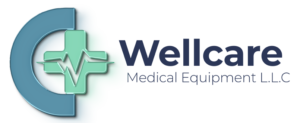
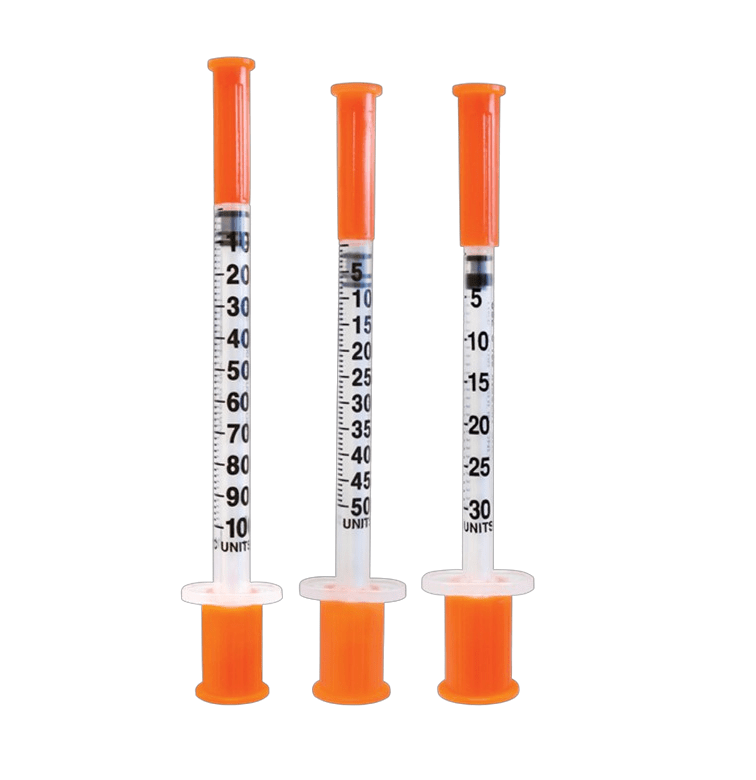


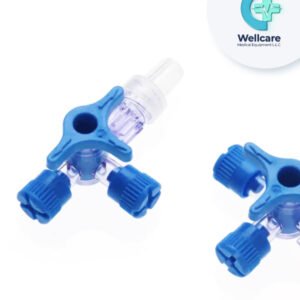
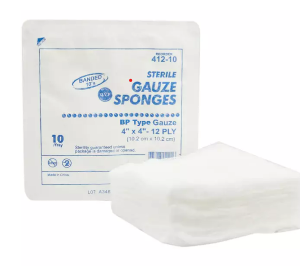

Joseph VT –
Insulin Syringe – good quality ⭐️⭐️⭐️⭐️⭐️